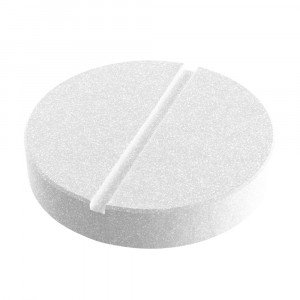 Welcome
Welcome
“May all be happy, may all be healed, may all be at peace and may no one ever suffer."
- A
- B
- C
- D
- E
- F
- G
- H
- I
- J
- K
- L
- M
- N
- O
- P
- Q
- R
- S
- T
- U
- V
- W
- X
- Y
- Z
Ramipril + Hydrochlorothiazide - Brands
Ramipril is an angiotensin converting enzyme (ACE) inhibitor, which after hydrolysis to ramiprilat, blocks the conversion of angiotensin I to the vasoconstrictor substance, angiotensin II. So, inhibition of ACE by ramipril results in decreased plasma angiotensin II, which leads to decreased vasopressor activity and decreased aldosterone secretion. Thus ramipril exerts its antihypertensive activity. It is also effective in the management of heart failure and reduction of the risk of stroke, myocardial infarction and death from cardiovascular events. It is long acting and well tolerated; so, can be used in long term therapy.
Hydrochlorothiazide is a thiazide diuretic. Thiazides affect the renal tubular mechanisms of electrolyte reabsorption, directly increasing excretion of sodium and chloride in approximately equivalent amounts. Indirectly, the diuretic action of Hydrochlorothiazide reduces plasma volume, with consequent increases in plasma renin activity, increases in aldosterone secretion, increases in urinary potassium loss, and decreases in serum potassium. The renin-aldosterone link is mediated by angiotensin II, so co-administration of anangiotensin converting enzyme (ACE) inhibitor tends to reverse the potassium loss associated with these diuretics.
To be happy, beautiful, healthy, wealthy, hale and long-lived stay with DM3S.
